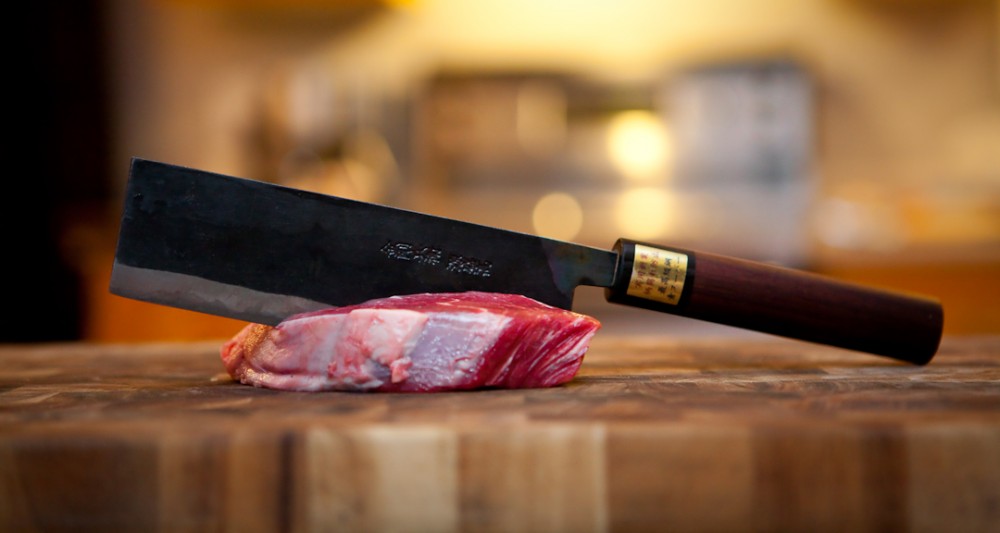I am a Canadian, but unlike most Canadians, I don’t dislike Americans. I don’t feel threatened by them, I don’t envy them, and though I don’t find them any more arrogant than Torontonians. Many Canadians have made a living criticizing the United States. Lord knows Americans have their flaws, and pretty much every one of them has been pointed out a thousand times over, but there is one flaw that has not received nearly enough attention; their ability to make gravy.
Growing up, I took gravy for granted. My mother, my aunts, all my friends’ mothers, all of them could make gravy. Even the fathers and uncles could make gravy in a pinch, so I assumed that anyone in the civilized world who could cook could make gravy. Then I got a job that required me to frequently travel to the United States.
I will never forget my first encounter with American gravy. I believe it was in Nashville, and I had some mashed potatoes with gravy. At first I thought they forgot to pour the gravy on the potatoes, but when I looked more closely I could see that the gravy was the same colour as the potatoes. I thought someone was playing a joke on me, but I could see that everyone else at the table had the same horrifyingly pale gravy. This came as a shock to me as Americans always seemed to talk about gravy a lot, so I naturally assumed they took great pride in their gravy. I first heard the expression “everything else is just gravy” in an American movie, Platoon.
It isn’t just that Americans don’t use gravy browning. Proper gravy is still someone dark in texture before the gravy browning is added, and even the lightest turkey gravy isn’t white. It’s as if Americans add bleach to their gravy. It’s so strange that Americans have such a light coloured, bland gravy, when their cooking is generally known for being heavy and rich. How is it that Canadian gravy could possibly be so much thicker, richer, saltier, and tastier than American gravy? American cooking has always been open to embracing the cuisine of other countries, most notably China, Mexico, and Italy. Perhaps it’s time for them to steal a gravy recipe from their Canadian neighbours.
